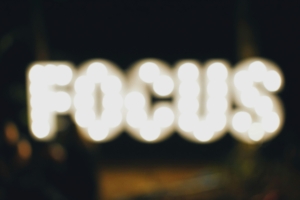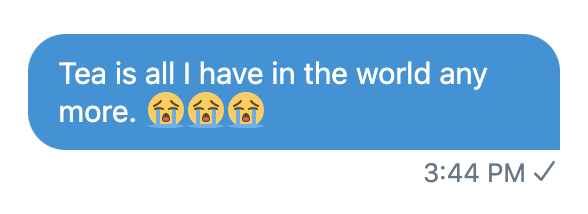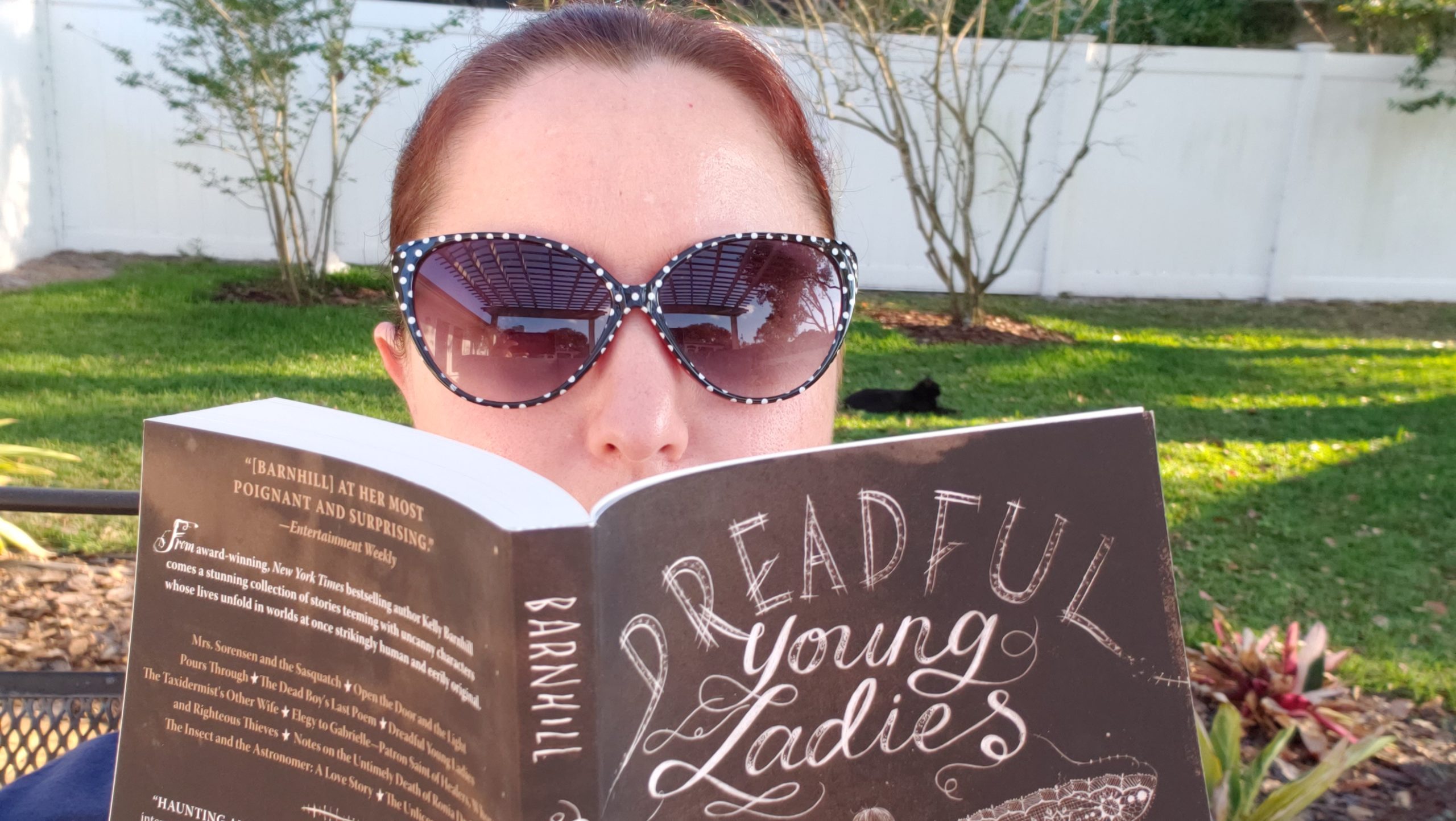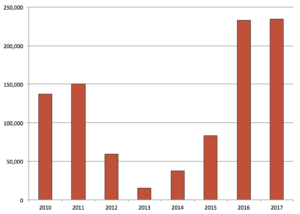I doubt I’m the only writer who’s been feeling a little distracted this month. It can be difficult to keep writing with distractions. Writing requires a lot of energy, focus, and motivation to both tap into your creativity and then translate your ideas into words other people will understand (and enjoy). So when distractions pop up—especially when they’re on a grand scale—it can be almost impossible to write.
Almost.
If you want to keep writing with distractions, here are three things I’ve done in the past month to shove distractions aside and get some writing done.
Three Tips for Writing with Distractions
Exit Your Normal World
Just as a character exits their normal world and enters the special world of a story, so too can you leave your normal writing setting behind and find a new place to write, at least for an afternoon.
After several days of feeling extremely distracted (and anxious) and failing to fully focus, I cleared an afternoon for an outing. I ran some errands and then swung by a bookstore. After wandering the shelves to settle my nerves (and uh, buying a couple books), I grabbed a table in the café and sat down to write.
Going somewhere different—and especially giving myself a relaxing activity beforehand—helped me feel ready to transition into my fictional world and get some work done. I felt great writing, and I still feel good about the work I did that day. Other outings with my writing group have been effective this month as well, so just get out and write somewhere else for a bit and see if relocating helps you find your focus, too.
Fun & Games

Photo by Stefan Cosma on Unsplash
The middle part of a novel is all about the promise of the premise—it’s the fun and games that are the real draw of the story, the thing that gets readers to pick up the novel in the first place. Just like how you have to fill your novel with that kind of promise, you can find focus by filling your life with that kind of fun, too.
I started using a new tracking app for my to-do list and putting “write 250 words” on my list encouraged me to clear space in my brain so I could mark the task as completed and earn rewards. Rewards! Fun! Also cute little outfits for my to-do list character.
I’ve also been working jigsaw puzzles with my mom which has been a great way to get my brain to focus on something other than the chaos of the world. Once I was fully focused on the puzzle (and then frustrated by not figuring out where several pieces went), I could shift that focus to my writing. Stealing my focus from a fun task has has been a great way to keep writing with distractions.
Allies
Anyone embarking on an epic quest (writing included) needs to surround themself with allies. This can be a posse, a tribe, a gang, a trio, or whatever other moniker you want to give to your writing buds. But those pals are going to be the companions that help you reach your goals and beat back the distractions so you can triumph!
Writing with friends has always been one of my greatest tools for finding focus. Physically (or virtually) sitting with other writers who are writing encourages me to set aside my distractions and get work done. Okay, sometimes we chat more than we write, but then we’ve relaxed, had a nice time, and all feel guilty together before refocusing on our work.
The distractions and frustrations will sadly still be there once you’ve finished your writing session. But if you can find a way to silence their power for a little bit, you are most definitely a writer-hero.
For full access to The Write Life and more about what I’ve done to assist with my creative life, sign up on Patreon for $1 or more per month. You’ll also receive a personalized thank you in a future edition of The Write Life.





